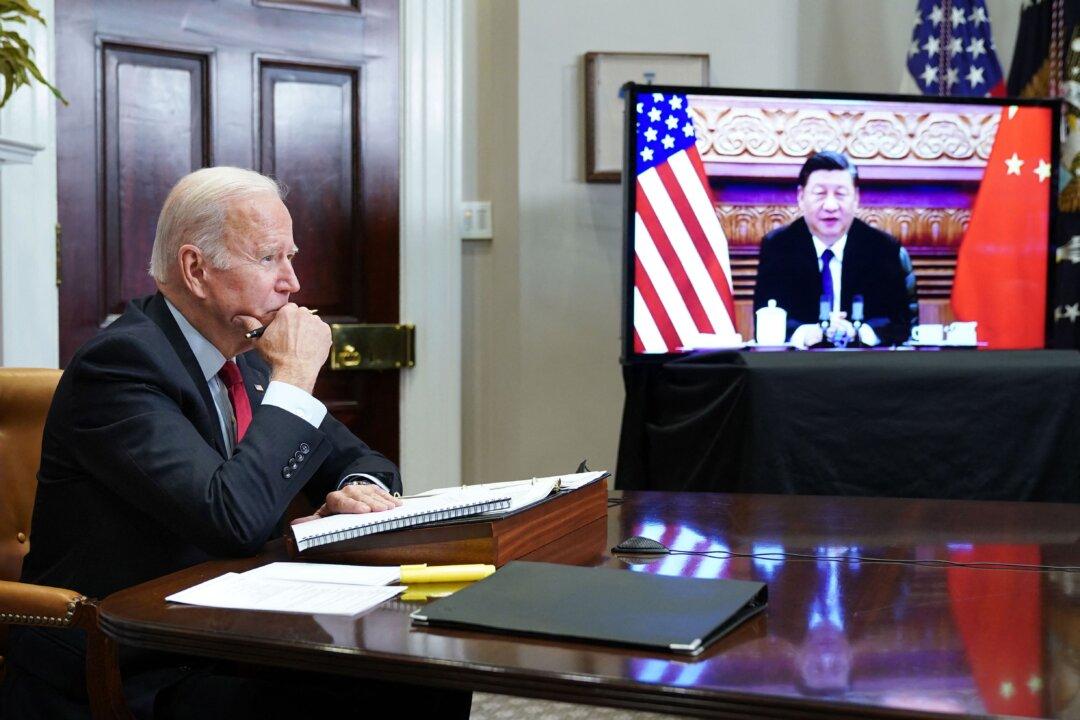The White House hopes to restore regular dialogue with Beijing, months after a Chinese spy balloon flew over U.S. airspace, causing Secretary of State Antony Blinken to call off his scheduled trip to China in early February and further straining relations between the two countries.
Washington plans to start cabinet-level engagement first, expecting it to result in the resumption of talks between President Joe Biden and Chinese regime leader Xi Jinping.





